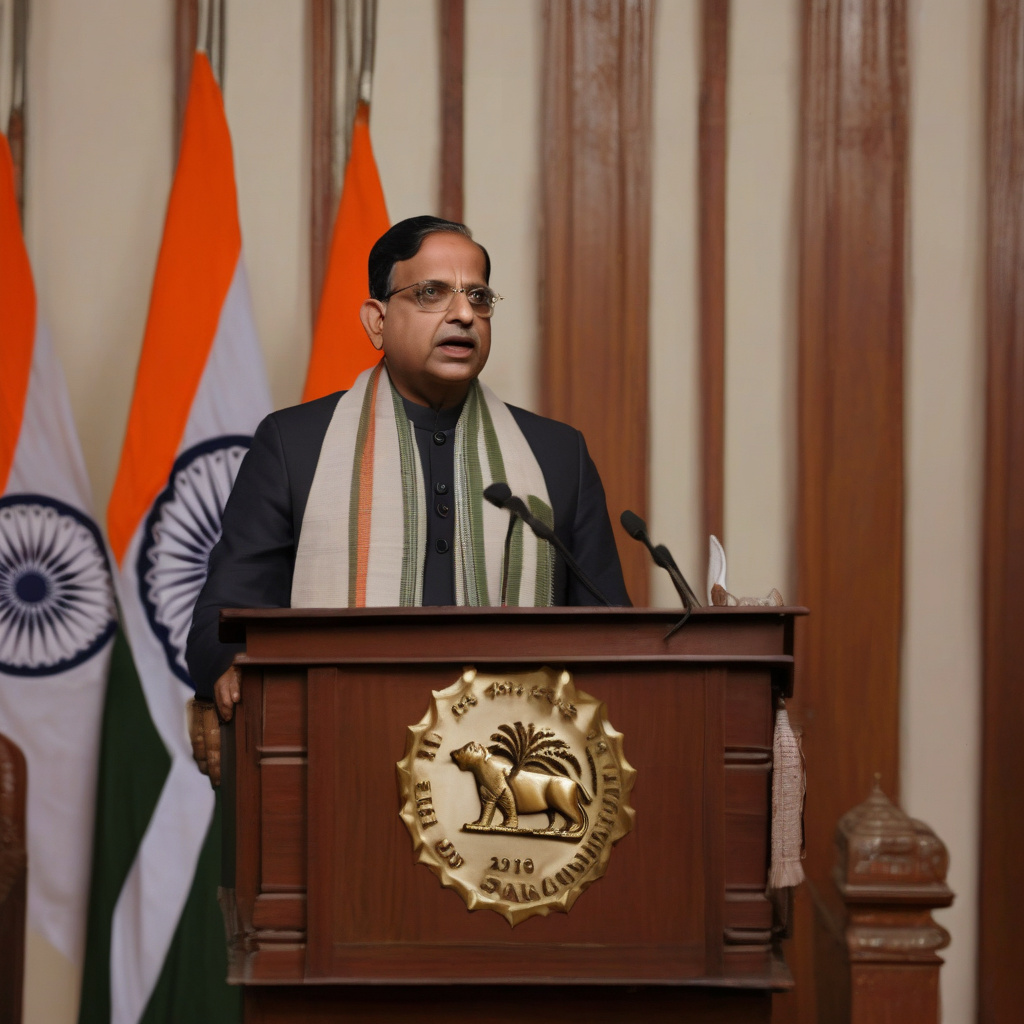Pralhad Joshi Eyes Stricter Steps to Curb Dark Patterns in E-Commerce
In an age where digital transactions dominate consumer behavior, the integrity of e-commerce practices has become increasingly crucial. Union Minister of Consumer Affairs Pralhad Joshi recently took a significant step in addressing the concerns surrounding “dark patterns” in online shopping. On Sunday, he chaired a meeting with senior officials to review the issue, emphasizing the need for stricter regulations to protect digital consumers from deceptive practices.
Dark patterns refer to user interface designs intentionally crafted to manipulate consumers into making choices they might not otherwise make. These tactics can range from misleading advertisements to confusing navigation that pressures consumers into unintended purchases. With the rapid growth of e-commerce, this issue has garnered attention not only from consumers but also from regulators who are keen on ensuring fair practices in the digital marketplace.
The meeting led by Joshi was particularly timely, as consumers increasingly rely on online platforms for their shopping needs. According to recent statistics, e-commerce in India is projected to reach USD 200 billion by 2026, making it imperative to safeguard consumer interests in this expanding market. The rise of dark patterns poses a significant risk to this growth, potentially leading to consumer distrust and a decline in online shopping.
During the meeting, Joshi highlighted the need for a comprehensive framework that addresses various forms of dark patterns. For instance, many e-commerce sites employ tactics such as “bait and switch,” where consumers are lured in by attractive offers that are later replaced with less favorable terms. This not only frustrates consumers but also undermines their confidence in online shopping platforms.
Moreover, the issue of “forced continuity” was also brought to light. This practice involves automatically enrolling consumers in recurring payment plans without their clear consent. Such tactics have led to widespread complaints among consumers, many of whom find it challenging to opt-out of these unwanted subscriptions. By implementing stricter regulations, the government can enhance transparency and ensure that consumers have full control over their purchasing decisions.
Joshi’s initiative aligns with global trends where countries are beginning to take a stand against dark patterns. For example, the European Union has made strides in regulating deceptive practices in digital services with their Digital Services Act, which aims to create a safer online environment for consumers. Drawing inspiration from such frameworks could provide India with a roadmap to effectively combat dark patterns in e-commerce.
Additionally, educating consumers on recognizing dark patterns is critical. Awareness campaigns can empower shoppers to make informed decisions, thus reducing the effectiveness of manipulative practices. Simple guidelines on identifying misleading designs can go a long way in arming consumers against potential pitfalls. For instance, consumers should be wary of time-limited offers that pressure them into making hasty decisions or websites that use ambiguous language regarding subscriptions.
Collaboration between government agencies and e-commerce platforms will be essential in crafting effective regulations. By fostering an environment where ethical practices are prioritized, businesses can enhance their reputations and build long-term relationships with consumers. The government can implement penalties for companies that fail to comply with transparency standards, thereby promoting a fair marketplace.
Furthermore, the involvement of consumer advocacy groups can provide valuable insights into the types of dark patterns that consumers frequently encounter. These organizations can assist in highlighting problematic practices and advocating for stronger regulations that prioritize consumer rights. Engaging stakeholders in this process can lead to more comprehensive solutions tailored to the unique challenges of the Indian e-commerce landscape.
As the meeting concluded, it was clear that Pralhad Joshi’s commitment to addressing dark patterns is a vital step in safeguarding the interests of digital consumers. Stricter regulations, increased awareness, and collaboration with e-commerce platforms can create a more transparent online shopping environment. By prioritizing consumer rights, the government can foster a culture of trust and integrity in the rapidly growing e-commerce sector.
In conclusion, the efforts to curb dark patterns in e-commerce are not merely about regulating businesses; they are about protecting consumers in an increasingly digital world. As online shopping continues to expand, it is imperative that both government and industry stakeholders work together to create a fair and ethical marketplace that benefits everyone involved.
#Ecommerce #ConsumerRights #DarkPatterns #DigitalMarketplace #PralhadJoshi
